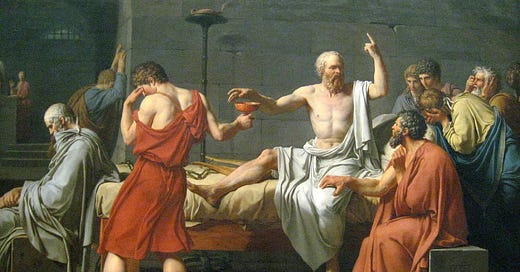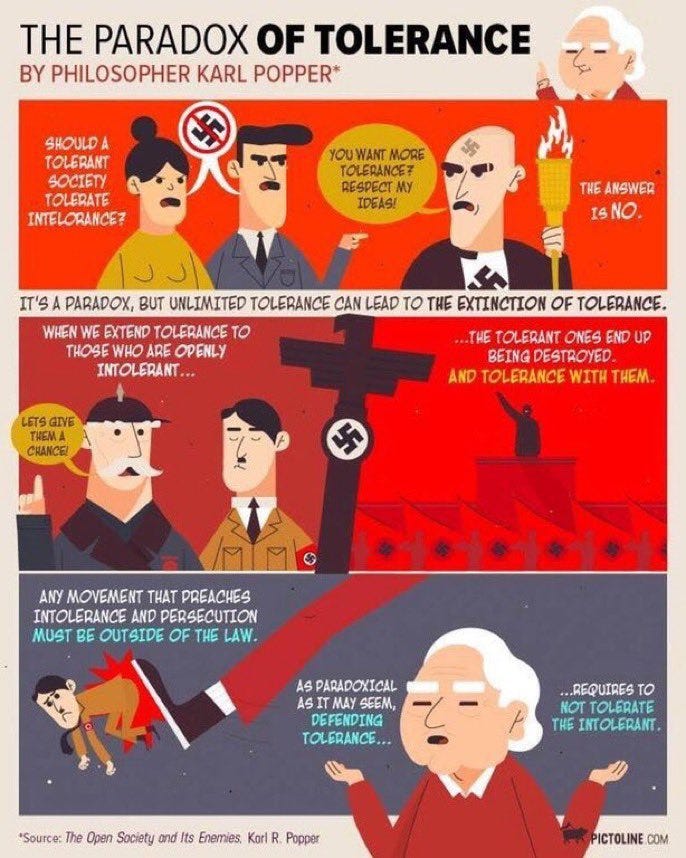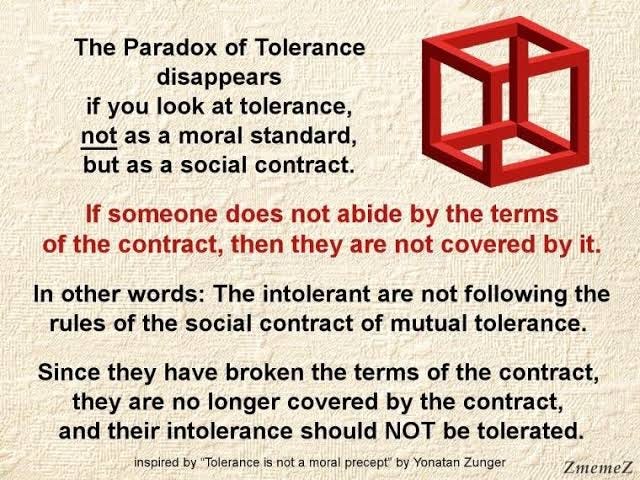The dangers of an illiberal democracy
Over the last 80 years, most nations in Europe have moved towards democracy. Will the era of democracy end this decade?
Democracies began to take shape in these nations, at these dates:
Italy, 1943
Germany, 1945
Greece, 1974
Spain, 1975
Portugal, 1975
East Germany, 1989
Poland, 1989
Czechia, 1989
Slovakia, 1989
Romania, 1989
Bulgaria, 1989
Latvia, 1991
Estonia, 1991
Lithuania, 1991
Ukraine, 1991
Parts of Yugoslavia, 1990-1995
You see the pattern? In 1960, most of Europe was under a dictatorship. Right now, most of Europe is at least nominally some variation of a democracy.
But some European nations have, since 2010, moved towards autocracy. Notably Hungary, but right-wing populists are gaining power everywhere. Will we see the era of democracy end this decade?
In 2010, the Fidesz party in Hungary gained more than 60% of parliament, which allowed it to amend the constitution to make sure it would remain in power. The concern is that Hungary has become an illiberal democracy, a place where a short-term, temporary majority can establish a permanent dictatorship over the long-term majority.
For 2,500 years this type of illiberal rule has been recognized as one of the main problems with democracy. Socrates said "Question tradition, question everything!" which made democratic Athens uncomfortable, so democratic Athens put him on trial, a trial in which every citizen was allowed to vote, and then democratic Athens democratically decided to murder him.
Socrates had a student named Plato who wrote about this incident and concluded that democracies are often illiberal, and too willing to ignore the rights of those with unpopular ideas. This is the starting point of all Western political theory.
Plato had a student named Aristotle, who asked the question, what form of government seems to lead to the happiest societies: democracy, aristocracy, or monarchy? Aristotle concluded that all of these systems had some flaws, which were best balanced by the strengths of the other systems, and therefore the happiest societies had mixed systems. This was the embryonic beginning of the idea of checks and balances.
These ideas were put into their modern form by Montesquieu, in 1748, in his book The Spirit of Laws. This is where he invented the phrase "checks and balances." He said there must be 3 branches of government: executive, legislative, and judicial, and each must be independent of the other, and each must use its powers to balance the excesses of the others. Only in this way can a democracy become liberal.
Since 1748, and especially since 1945, this has become the universal ideal in the West.
Everyone who is concerned about the long-term happiness of the people of the Western democracies are worried to see the governments of any Western government deviate from this ideal.
Let’s remember another bit of ancient wisdom. Plato suggested that societies moved in an endless cycle:
a brutal dictator is overthrown and the people establish a democracy.
the democracy is eventually illiberal and either terrorizes or impoverishes broad parts of the population, till a large group are desperate to see the democracy overthrown, at which point an unethical demagogue can step forward and claim, “Only I can fix it.” An angry minority, with some help from elite factions, helps bring the demagogue to power.
the demagogue suspends democracy and then rules personally, and then later passes the government to his or her children, who later pass it to their children. With the passage of time, the rule of this family comes to be seen as traditional, and the public accepts the family as a respected monarchy.
the ruling monarchy eventually produces a child who is a psychopath and who rules as a brutal dictator, causing the public to rebel, at which point the cycle begins again.
Any populist interpretation of democracy will tend to follow this pattern.
Since the 1700s, some nations have escaped this pattern, but only by following the advice of Aristotle and adapting a mixed system. The USA has a mix of government branches, all of which have different terms in office, which helps bring about some of the mixing of systems that Aristotle would approve of. Britain, during the 1800s and most of the 1900s, had an odd mix of democracy and aristocracy.
The most successful democracies of the 1700s and 1800s all established empires that had brutally autocratic government in the colonies. In general, it is impossible to build a system that is thoroughly liberal while also running colonies. Each such society has to make the choice, to either extend full citizenship to any territory it controls, or to abandon control of the territory.
During the 1800s and 1900s, most of the successful democracies had, by accident and without planning, strong newspapers which were able make a profit while informing the public, and so these newspapers were able to establish another branch of society that brought criticism and pressure to the government, and so by accident they invented a society with a mixture of systems far more complex than anything the ancient Greeks could have dreamed of.
Can we build a form of democracy that does not depend on happy accidents, such as strong newspapers? After all, in the modern era, most newspapers are going bankrupt, so that particular type of institution is going extinct. Is it possible to design a type of democracy that has a diverse set of institutions, deliberately, as a planned part of the system?
In the modern era, the forces pushing us towards autocracy are strong. The only way to defend ourselves is to commit to a rich set of “checks and balances.” We should aim to develop more independent institutions who might, in the exercise of their power, help balance the power of the other institutions, so as to keep any one point in the system from gaining all of the power.
What sort of institutions should we build? This is a large subject, but I have made a few suggestions in the essay “In our highly specialized and complex world, all real political power needs to move to specialized committees.”
Epilogue:
Possibly off-topic, but consider these two statements:
“Pure democracy leads to dictatorship.”
“Pure tolerance leads to intolerance.”
Both are paradoxes, and I think it is easy to see they have dynamics that make them closely related. The latter one was explored by Karl Popper and is now known as “The Paradox Of Tolerance.” I leave these hear as a quick reminder:






I always wondered why Socrates chose death instead of exile. He said that the unexamined life isn’t worth living but he still could’ve lived a life of quiet contemplation. I asked my high school history teacher about this and I think he said something like he was willing to die for wisdom and he considered Athens to be the only center of art and culture in the world.
Some conservatives say that social institutions should become more illiberal to compensate for smaller government. This is the logic behind the phrase "god-fearing american" and "god, not gov". I agree that religion is better than government in improving society but it fails to acknowledge the way in which political and social institutions interact and how dysfunction in one can affect the other. People who argue against political correctness think that they're like defenders of Socrates despite the fact they demonize their political opponents and Socrates created consensus by asking questions.